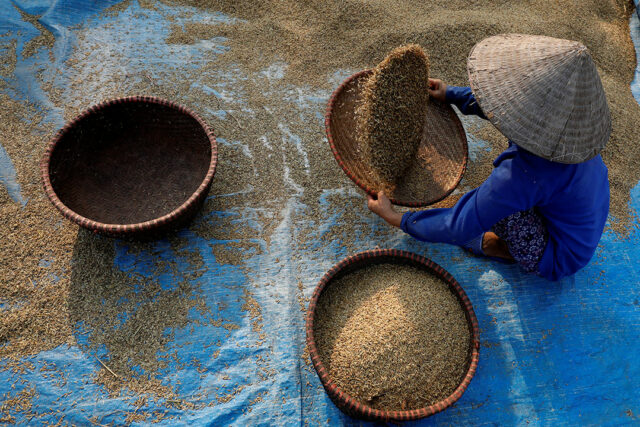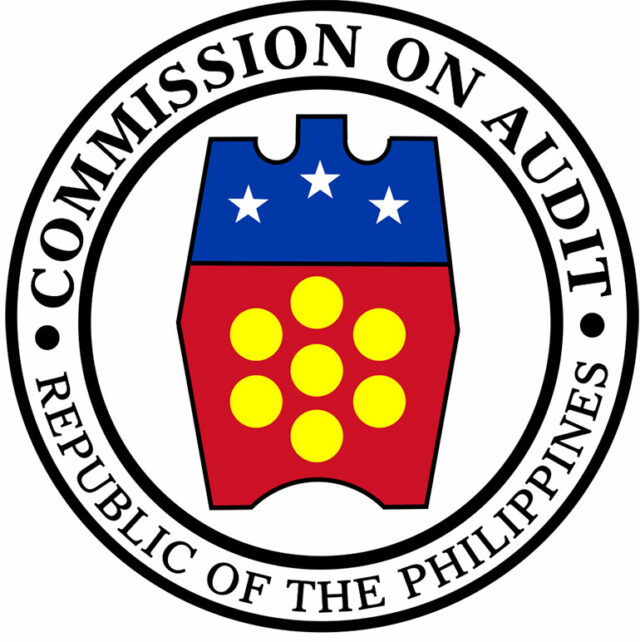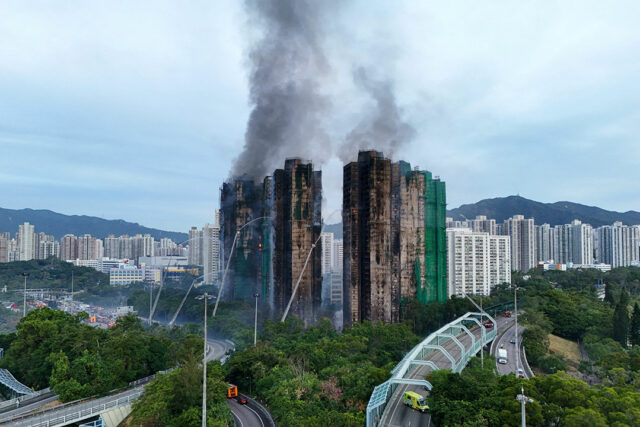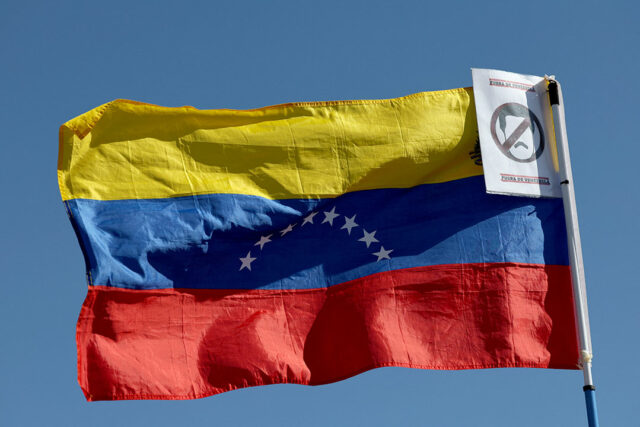From vineyard tastings and rooftop cocktails to wellness resorts and high-end shopping districts, the USA offers a rich spectrum of luxurious escapes. Whether you’re chasing bold flavours, stylish stays or a view worth toasting, Brand USA, the destination marketing organization for the United States, is here to help you find inspiration for your next escape where indulgence is part of the journey.
“From coast to coast, the United States offers a range of bespoke travel options found nowhere else.” said Fred Dixon, president and CEO of Brand USA. “As travelers increasingly seek out exclusive experiences — often hyper-personalized and meaningful — the US is the go-to location for the best of the best in luxury, wellness, and adventure journeys. We invite travelers to explore the hottest US products and trends inspiring travel today.”
Custom Travel Personalized For You
Achieve the heightened style of luxury that can only come from an expertly crafted, custom-built itinerary with personalized touches by choosing a luxury custom tour operator or luxury travel agency to plan your next trip.
Brands like Adventure International Tours, Amkor Travel & Tours, Inc., Baron Travel, Pan Pacific Travel Corp., Skynet Travel Corp. and Travel Warehouse, Inc. all specialize in building bespoke itineraries, including private villas, charters, guided tours, and exclusive experiences found only in the USA.
Secluded Stays
Villa stays offer the perfect blend of seclusion and comfort. Nocturne Villas has a collection of carefully vetted villa properties, including in three US cities — Telluride, Colorado; Emerald Coast, Florida; and Santa Barbara, California — all of which come with personalized concierge services.
Remote stays in luxury lodges and glamping sites are also great options. In the high plains of western South Dakota, Shortgrass Resort is an adults-only private sanctuary offering stand-alone bungalows on a 52-acre property located at the centre of iconic national sites, including Mount Rushmore, Badlands and Devil’s Tower. Escalante Yurts offers remote luxury escapes in Southern Utah’s high desert. The new Será at Sandy Ridge micro resort in Wardensville, West Virginia features two-bedroom villas equipped with a chef’s kitchen, in-unit washer and dryer and a private heated plunge pool, all surrounded by George Washington National Forest.
And in Big Sky, Montana, the One&Only Moonlight Basin spans three main guest buildings with 73 rooms and suites, in addition to 19 freestanding cabins and private homes. The multi-storey homes provide ample indoor and outdoor living spaces, gourmet kitchens, an outdoor hot tub and oversized bathtubs for maximum relaxation in this wilderness retreat.
Unlock Access
Glamorous Hollywood parties, red carpet events, and award shows are not only for movie stars and entertainment elites. Luxury travel agencies like Embark Beyond, Avenue Two Travel provide VVIP access to coveted events such as the Met Gala, New York Fashion Week, the Vanity Fair Oscars Party, Art Basel Miami, the Super Bowl and more.
In Austin, you can arrange a private music and songwriting session and co-write a short piece, receive a private performance and get a signed, unique recording. A similar VIP experience in Nashville through the Four Seasons Songwriter Experience pairs you with a Nashville-based hit songwriter.
In Aspen, experience Snowcat dinners at the Cabin at Aspen Snowmass, where you hop on a snowcat at dusk to reach your reservation-only dinnertime destination that’s only reachable by snow machine during the season.
 All-Inclusive All the Time
All-Inclusive All the Time
Sometimes the less you have to worry about, the better on a luxury trip.
Vermejo, a Ted Turner Reserve in New Mexico, is a luxury all-inclusive wilderness resort that offers two half-day activities each day during your stay, such as fly fishing, horseback riding, and snowshoeing, as well as three meals a day, and upscale lodges, cabins and historic cottage accommodations.
Paws Up Montana is a two-Michelin Key all-inclusive resort offering a cowboy-style vacation that embodies the heart of the American West. This sprawling property offers spacious lodge homes, glamping tents, and 12 treehouse-style indoor-outdoor properties at the adults-only Green O located next door.
LUXURY EXPERIENCES AROUND THE USA
Stargaze in Style
In Utah, choose a boutique resort like the Compass Rose Lodge, which has its own observatory and 16-inch aperture Ritchey-Chretien style telescope designed with mirrors like the Hubble Space Telescope, or Clear Sky Resorts Bryce Canyon’s panoramic glass Sky Domes that can fit the whole family.
Near Grand Canyon West and the Hualapai Nation in Arizona, guests can stay at The Outpost at Grand Canyon Glamping Resort for a stargazing escape with rim views and VIP amenities, then join the Hualapai Nation’s One-Day Rafting Helicopter Adventure for a day of river rapids, a hike to Travertine Cavern Falls, and a helicopter ride back to the rim.
 Sports Luxury
Sports Luxury
With the 2026 World Cup staged across the United States, Los Angeles hosting the 2028 Olympic and Paralympic Games, and Formula 1 adding Las Vegas as its third American stop, the country remains a premier sporting event destination.
On Location Experiences is the official hospitality partner and ticket provider for the 2026 World Cup, the 2028 Olympic and Paralympic Games and Super Bowl LX. The company creates VIP experiences that include tickets to games and access to exclusive events and parties related to these sports.
The Formula 1 Paddock Club is the ultimate VIP for motorsport spectators. Access includes pit walks, private lounges, and premium hospitality.
Theme Park Luxury
VIP packages at America’s premier theme parks provide customizable private experiences, giving you behind-the-scenes tours and express access to rides. Experiences to consider are the Walt Disney World VIP Tours, Universal Studios Hollywood VIP Experience, Sea World’s Ultimate VIP Tours, and Legoland’s Ultimate VIP Experience.
Festival Luxury
The US hosts several of the most popular music festivals in the world. Headlining this lineup is Coachella in Indio, Calif., with VIP packages available through On Location’s Platinum Service, which comes with a luxury private home and hotel rentals, personal concierge service, private in-venue transportation and premium festival access. Book the same level of VIP service for Stagecoach, the country music counterpart to Coachella, through the company as well.
Luxury off the Mainland
 Puerto Rico has entered a new chapter of elevated hospitality with the debut of the Four Seasons Resort and Residences Puerto Rico at Coco Beach, the island’s first Four Seasons. The resort is also home to the Bahía Beach Golf Club, an 18-hole Robert Trent Jones Jr. course recognized as a Silver Signature Sanctuary by Audubon International and known for its stunning rainforest and ocean views.
Puerto Rico has entered a new chapter of elevated hospitality with the debut of the Four Seasons Resort and Residences Puerto Rico at Coco Beach, the island’s first Four Seasons. The resort is also home to the Bahía Beach Golf Club, an 18-hole Robert Trent Jones Jr. course recognized as a Silver Signature Sanctuary by Audubon International and known for its stunning rainforest and ocean views.
Experience Kaua‘i’s famed Nā Pali Coast in style aboard Lady Kailani, a new 65-foot luxury catamaran from Kauai Sea Tours offering spacious decks, ocean access, and intimate small-group excursions.
The Ultimate Overnight Volcano Tour offers a two-day exploration of Hawai‘i Volcanoes National Park, featuring a 45-minute helicopter flight over Kīlauea, an overnight stay at Volcano House on the crater rim, and private guided tours through lava fields, rainforest, and dramatic volcanic landscapes.
Southwest Luxury
Connecting with the outdoors in the Southwest often means connecting with unique cultures, too.
Taos, New Mexico, is teeming with Indigenous history and culturally immersive experiences. Whitefeather Native Cultural Tours and Heritage Inspirations Tours are the area’s leading tour operators, offering bespoke cultural tours that dive into the history, legacy, and traditions.
For a truly luxurious and immersive experience in the Southwest, reserve a stay at the Inn of the Five Graces in Santa Fe, New Mexico. Once a neglected cluster of traditional adobe homes, this five-star luxury hotel features a collection of suites, including a private, two-storey, three-bedroom villa with a chef’s kitchen, adorned with colourfully exquisite antiques, mosaic tiles, craft woodwork, and hand-painted ceilings.
In Utah, Ancient Wayves is an Indigenous-owned adventure tour operator offering guided hiking, backpacking, river rafting and photography tours across the Monument Valley. Tours operate within Bears Ears National Monument, a historic archaeological site known for its canyons, red rock formations and cliff dwellings.
Guests staying at Amangiri, and its satellite, Camp Sarika, in Canyon Point, Utah, can deepen their connection to the landscape through outdoor yoga on the rocks, guided mindfulness walks across the desert, and restorative treatments at the resort’s ultra-luxury desert spa.
A brand-new luxury train experience is coming to the Southwest in 2026, and its short itineraries will make it the perfect side quest to incorporate into your visit to the US. The new Canyon Spirit train will offer two- and three-day journeys between Utah and Colorado with mid-rail overnight stays at area hotels.
Southern Luxury
In Asheville, North Carolina, stay on the grounds of America’s largest private home at The Inn on Biltmore Estate. Enjoy refined rooms, exclusive access to historic gardens, and proximity to the estate’s famed winery. And at the Raleigh Denim Workshop in Raleigh, North Carolina, you can work with owner-designer Victor Lytvinenko to create your own custom pair of denim in this one-of-a-kind experience.
Taste the soul-stirring cuisine on a Charleston, South Carolina, Culinary Experience with acclaimed chef and culinary historian Kevin Mitchell, who hosts private dinners within the storied walls of Edmonston-Alston House. This experience, available exclusively through Destination South DMC, pairs dishes with rich storytelling, revealing the origins, traditions, and cultural significance of Lowcountry foodways.
In Walland, Tennessee, barefoot luxury reaches its pinnacle at Blackberry Farm, a 4,200-acre retreat in the foothills of the Great Smoky Mountains. Guests can enjoy farm-to-table dining at The Barn, holistic treatments at The Wellhouse Spa, and signature activities such as fly-fishing, horseback riding, clay shooting, cycling, and seasonal food, wine, and wellness events.
Savannah, Georgia, embodies the heart of southern charm and luxury, with plenty of five-star and historic hotels like the Perry Lane Hotel and upscale culinary experiences such as the Olde Pink House. And now there’s a new way to experience the Belle of the South through a first-of-its-kind fashion collaboration between Visit Savannah and women’s clothing brand LoveShackFancy.
Along the Kentucky Bourbon Trail, visitors can elevate their tasting journey with Bottle Your Own experiences at distilleries such as Angel’s Envy — choosing a single barrel, filling and sealing their own bottle, and leaving with a rare, limited-edition release available only on-site.
Nestled in the heart of Fort Worth, Texas’s cultural district, Bowie House blends Texas-sized heritage with modern luxury. The Two MICHELIN Key hotel offers contemporary Texas hospitality with stylish suites, chef-driven dining, and a full-service spa featuring locally inspired treatments.
Pacific Northwest Luxury
Oregon is well-regarded for its truffles, found mostly west of the Cascade Mountains in the Willamette Valley, a region already world-renowned for its Pinot Noirs. Black Tie’s truffle-hunting tours take guests on guided wilderness treks with a truffle dog team that demonstrates the history of truffles and how to use the delicacy in your kitchen. This experience also offers truffle-based meals and wine tastings, so you can combine the best of both worlds.
Unwind with a spa retreat in Washington, just outside of Seattle at the newly renovated Salish Lodge & Spa in Snoqualmie and the new SOMM Hotel & Spa in Woodinville.
Don’t miss a spa day inside the wood-fired floating saunas at Wild Haus, where the beauty of the Pacific Northwest meets the glittering skyline.
In Washington’s Hood Canal, guests can book Olympic Oyster Co.’s Shuck & Savor experience. During this private low-tide excursion where you walk the tide flats with an expert guide, hand-pick oysters straight from the water, and learn the art of shucking before enjoying them fresh against a sweeping coastal backdrop.
City Luxury
Many of the nation’s cities offer exceptional luxury experiences — here is just a sampling of what’s available across the country.
Detroit
Motor City offers a unique paddle-to-table experience at Coriander Kitchen, a working farm and eatery focused on hyper-local dining. The Paddle-to-Table Dinner is a guided 1.5-hour kayak journey along the Detroit River, during which guests learn about the city’s evolution, followed by a seasonally driven, multi-course dinner crafted entirely from ingredients grown on the restaurant’s own farm.
Los Angeles
Arrive in style at Los Angeles International Airport with PS LAX, the private terminal for commercial flights that lets guests bypass traditional TSA screenings for a more high-end experience. Personalized service, door-to-plane-door private transportation, private suites to relax, and gourmet food and beverages are available before takeoff.
When checking into LA’s luxury hotel scene, consider the glamorous stays in West Hollywood along the Sunset Strip, like the new Sun Rose hotel, EDITION, 1 Hotel, the storied Mediterranean-style Sunset Marquis and the opulent Petit Emeritage, a Michelin Guide property.
Before heading out on the town, enjoy a personalized styling session with the Albright Styling Team in Beverly Hills, where you can select and rent looks from an archive of more than 30,000 pieces. Then make your way to Rodeo Drive, the palm-lined shopping district home to more than 100 design houses and the European-inspired Two Rodeo Drive.
San Diego, California
Fresh off a multi-year restoration, San Diego’s iconic Hotel del Coronado now pairs its fully refreshed Victorian charm with modern, high-end comforts including updated guestrooms, a revived garden courtyard and event spaces, plus standout new dining like Nobu Del Coronado and the oceanfront Veranda.
Miami, Florida
Miami Beach continues to evolve its luxury scene with the Andaz Miami Beach, a design-forward oceanfront resort bringing contemporary style, vibrant culinary concepts, and a fresh perspective to one of the country’s most iconic beach destinations.
At the legendary Fontainebleau Miami Beach, Lapis Spa spans 40,000 square feet across two levels, offering an expansive menu of high-end treatments. Highlights include the European-style Aufguss sauna ritual, a theatrical infusion of heat, aromatics, and music led by a trained sauna master.
Naples, Florida
In Naples, experience re-imagined coastal luxury at the Four Seasons Naples Beach Club on Florida’s Gulf Coast. Here, the 1,000-foot beach meets modern elegance, ocean-view pools, a two-level spa, and a private charters program linking it to the broader lifestyle of Old Naples and the nearby 5th Avenue South dining and shopping district.
New York City
The Waldorf Astoria reopened in July 2025 following a historic eight-year, $2-billion renovation that introduced contemporary design updates, state-of-the-art technology, and modern amenities. Faena New York is a bold new luxury hotel in Chelsea with a highly curated art collection and an open-fire cooking restaurant called, La Boca, led by Argentinian chef Francis Mallman.
Washington, D.C.
Private tours and exclusive experiences at the museums of the nation’s capital are a must-try. Consider Smithsonian Sleepovers, where families can spend a night exploring the National Museum of Natural History after hours, and VIP tours led by a private guide at the International Spy Museum.
For more information and to start planning your next luxury vacation to the USA, visit AmericaTheBeautiful.com/Luxury.
Spotlight is BusinessWorld’s sponsored section that allows advertisers to amplify their brand and connect with BusinessWorld’s audience by publishing their stories on the BusinessWorld Web site. For more information, send an email to online@bworldonline.com.
Join us on Viber at https://bit.ly/3hv6bLA to get more updates and subscribe to BusinessWorld’s titles and get exclusive content through www.bworld-x.com.


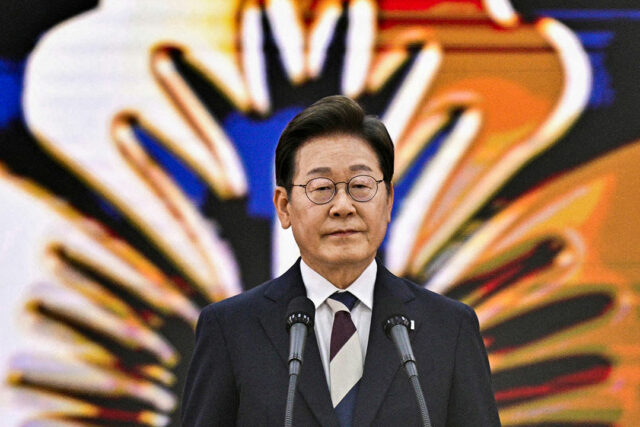

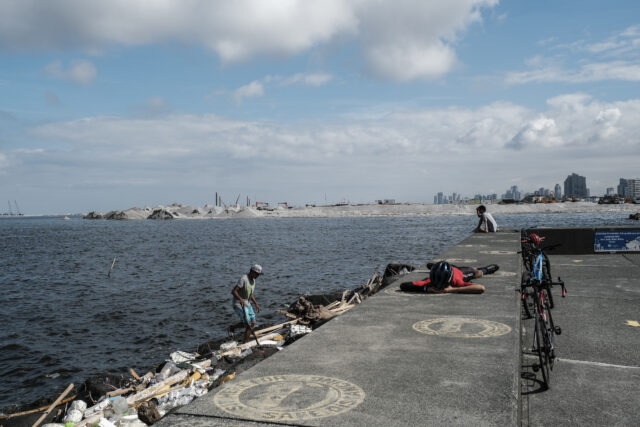

 All-Inclusive All the Time
All-Inclusive All the Time Sports Luxury
Sports Luxury Puerto Rico has entered a new chapter of elevated hospitality with the debut of the
Puerto Rico has entered a new chapter of elevated hospitality with the debut of the